Introduction
Experiencing night sweats can be an unsettling and distressing experience, often leaving individuals searching for answers to alleviate their nighttime discomfort. One crucial aspect to consider the relationship between diet and night sweats.
By examining the links between specific foods, beverages, and nutritional deficiencies, we aim to empower you with the knowledge necessary to manage and potentially alleviate the occurrence of night sweats.
🛌⚠️ Men: Night sweats can have many causes. Read out complete overview of the topic on the Causes of Night Sweats in Men: Triggers, Remedies, and FAQs
🛌⚠️ Women: Night sweats can have many causes. Read out complete overview of the topic on the Causes of Night Sweats in Women: Triggers, Remedies, and FAQs
Table of Contents
I. Overview of Dietary And Night Sweats
A. Caffeine And Night Sweats
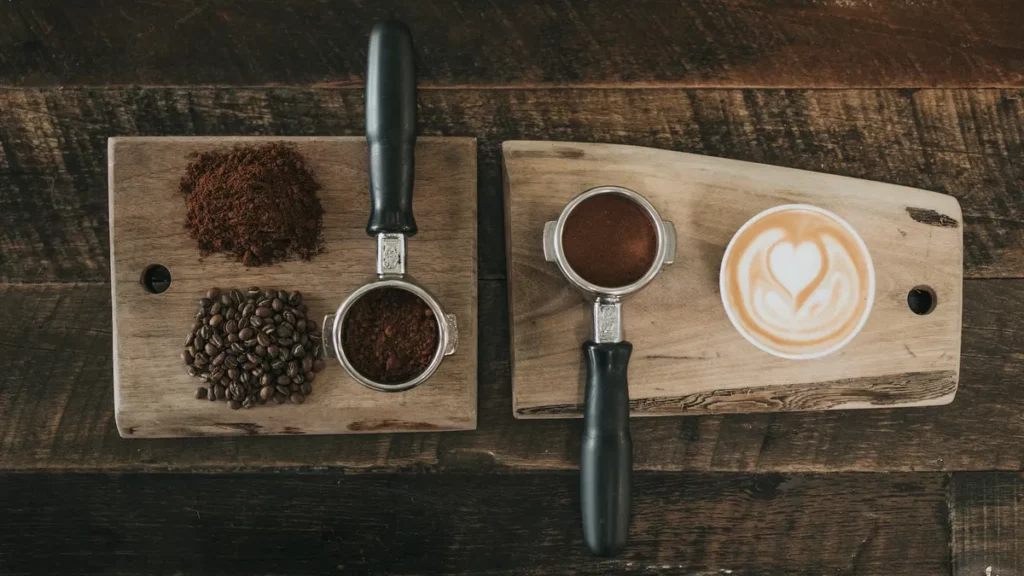
Caffeine, a stimulant commonly found in coffee, tea, and energy drinks, can increase body temperature and lead to night sweats. Its stimulating effects on the central nervous system can disturb sleep patterns and affect the body’s temperature regulation, contributing to night sweats.
Learn more about Caffeine And Night Sweats.
B. Spicy Foods And Night Sweats
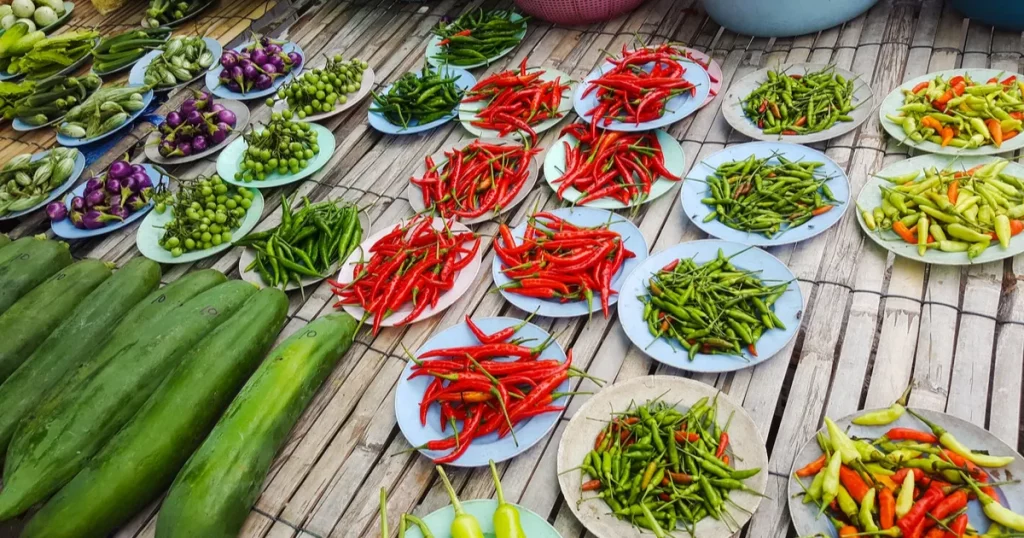
Spicy foods can trigger thermogenesis, a process by which the body produces heat to burn calories. This increase in body temperature can result in sweating, especially during the night if consumed close to bedtime. Spices like chili peppers contain capsaicin, which is responsible for the heat sensation and can cause excess sweating.
Learn more about Spicy Foods And Night Sweats.
C. Chocolate And Night Sweats
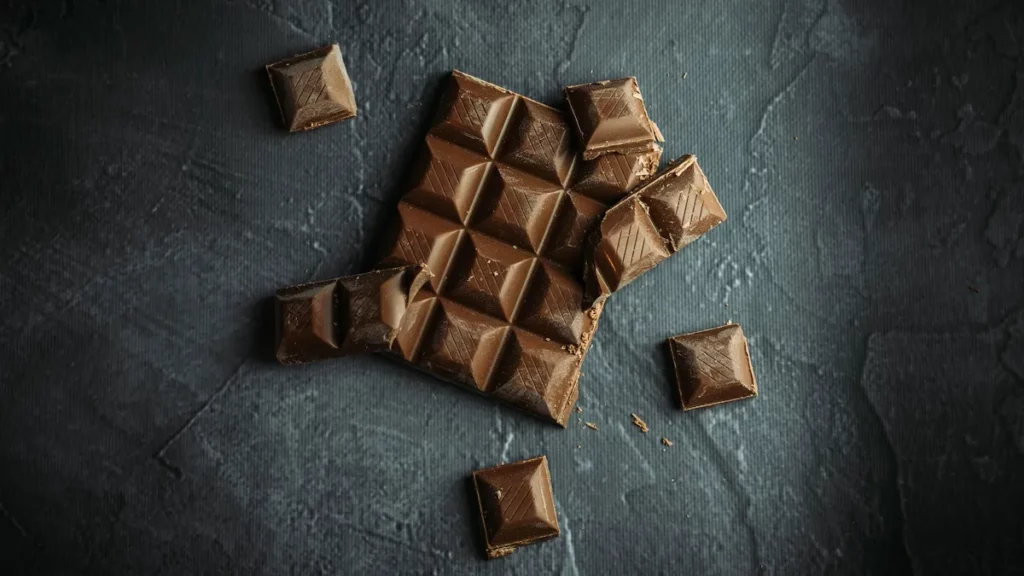
Chocolate contains both caffeine and theobromine, which can stimulate the nervous system and raise body temperature, potentially leading to night sweats. Consuming chocolate, especially dark chocolate with high cocoa content, can contribute to increased sweating during sleep.
Learn more about Chocolate And Night Sweats.
D. Dehydration and Night Sweats
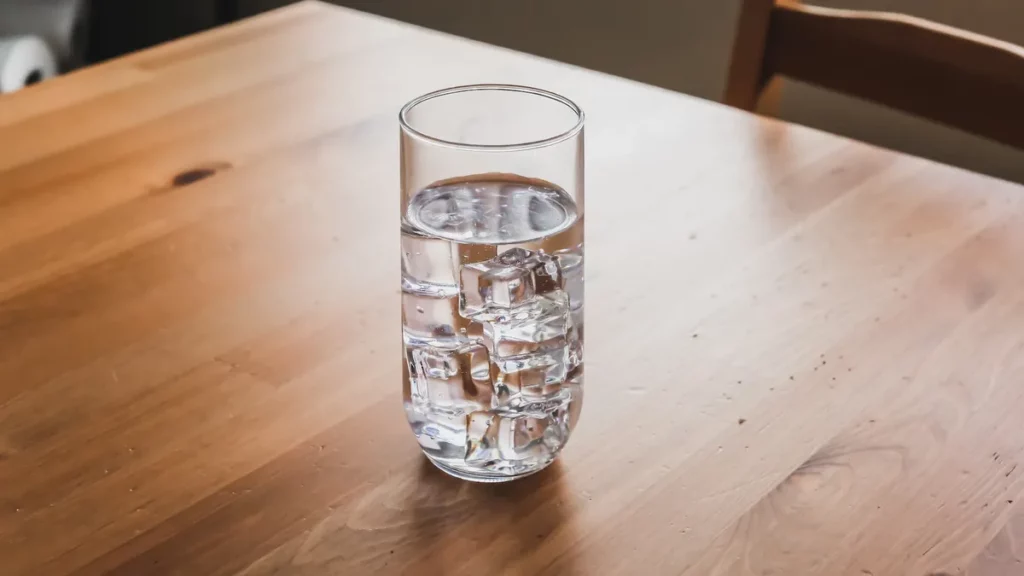
Dehydration can impair the body’s ability to regulate temperature, making it more susceptible to night sweats. When the body is dehydrated, there is a decrease in sweat production, which can make it difficult for the body to cool itself effectively, increasing the risk of night sweats.
Learn more about Dehydration and Night Sweats.
E. High-Fat Foods And Night Sweats
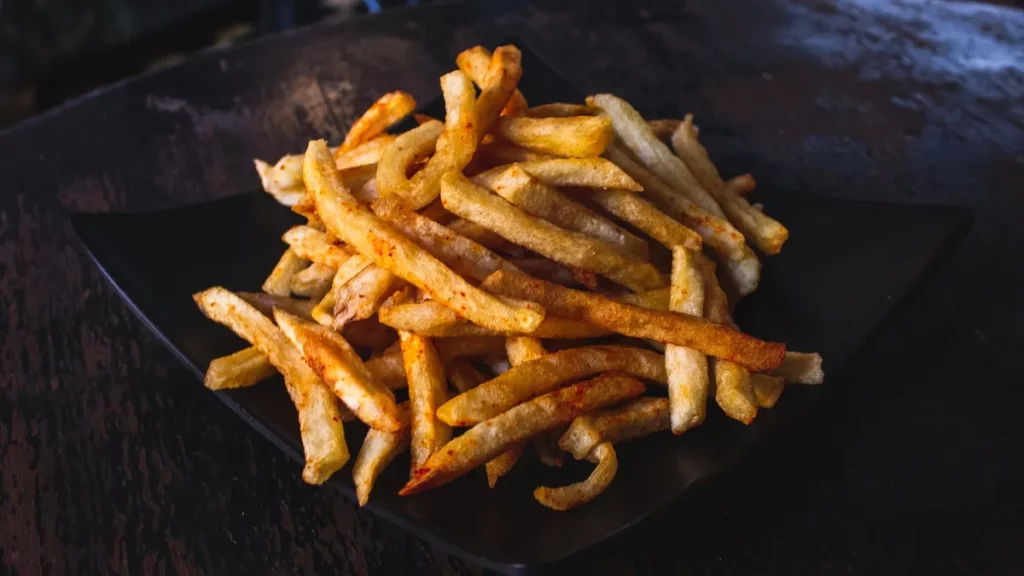
High-fat foods take longer to digest than low-fat alternatives, increasing the body’s metabolic activity and raising body temperature during digestion. Consuming a large meal high in fat before bedtime can contribute to night sweats as the body works to break down the food.
Learn more about High-Fat Foods And Night Sweats.
F. Vitamin B12 Deficiency Night Sweats

Vitamin B12 deficiency can lead to a range of symptoms, including night sweats. Low levels of vitamin B12 can result in anemia, causing the body to work harder to circulate oxygen, which may raise body temperature and contribute to night sweats.
Learn more about Vitamin B12 Deficiency Night Sweats.
II. Tips for Managing Diet And Night Sweats
1. Identify Trigger Foods
Keep a food diary to track your meals and observe any correlation between your diet and night sweats. Common triggers include spicy foods, caffeine, and alcohol. Eliminate these from your diet to see if night sweats improve.
2. Opt for a Balanced Diet
A well-balanced diet rich in fruits, vegetables, whole grains, lean proteins, and healthy fats can help regulate body temperature and prevent night sweats. Avoid processed foods and excessive sugar intake, as they may exacerbate the issue.
3. Stay Hydrated
Dehydration can contribute to night sweats, so ensure you drink plenty of water throughout the day. Aim for at least 8 glasses of water daily, and avoid excessive consumption of caffeinated or alcoholic beverages.
4. Adjust Your Sleep Environment
Creating a cool, dark, and comfortable sleep environment can help minimize night sweats. Use breathable bedding materials, lower the room temperature, and consider using a fan or air conditioner to maintain optimal sleeping conditions.
III. Treatment and Management
A. Limiting or Avoiding Caffeine Consumption
Reducing or eliminating caffeine intake can help lessen the severity and frequency of night sweats, as caffeine is a stimulant that can raise the body’s temperature. Opt for caffeine-free drinks, such as herbal teas, or limit your caffeine consumption to earlier in the day.
B. Moderating Spicy Food Intake
Spicy foods are known to trigger night sweats. It’s essential to learn your tolerance levels and adjust your intake accordingly. You may want to avoid particularly spicy meals, especially in the evening, to help reduce the likelihood of experiencing night sweats.
C. Balancing Chocolate Consumption
Chocolate contains both caffeine and theobromine, which may contribute to night sweats. Moderate your chocolate consumption, particularly during the hours before bedtime, to minimize the risk of night sweats.
D. Ensuring Proper Hydration
Dehydration can worsen night sweats, so it’s important to maintain proper hydration throughout the day. Drink water regularly and more during hot weather or after exercise. Staying hydrated can help regulate your body temperature and reduce night sweating.
E. Choosing Low-Fat Foods
High-fat foods can take longer to digest and generate more heat during metabolism, potentially leading to night sweats. Opt for low-fat meal options, particularly in the evening, to minimize the risk of night sweats.
F. Maintaining Healthy Vitamin B12 Levels
Vitamin B12 deficiency can result in night sweats. To avoid this, ensure that your diet includes foods rich in Vitamin B12, such as meat, fish, dairy products, or fortified cereals. You may also consider talking to your doctor about taking a supplement if your diet is not providing sufficient B12 vitamins.
IV. Frequently Asked Questions
Can your diet cause night sweats?
Yes, your diet can cause night sweats, as certain foods and beverages, such as spicy foods, high-sugar or high-fat foods, caffeine, and alcohol, can affect blood sugar levels, hormonal balance, or trigger increased metabolic activity, leading to increased body temperature and sweating during the night.
What foods stop night sweats?
Foods that may help reduce night sweats include whole grains, lean proteins, low-fat dairy products, fruits, vegetables, and foods rich in soy, as they promote hormonal balance, help regulate blood sugar levels, and support the body’s natural cooling mechanisms. Staying hydrated by drinking plenty of water can also aid in regulating body temperature.
Can alcool cause night sweats?
Yes, alcohol can cause night sweats, as it affects the central nervous system, dilates blood vessels, and increases metabolic rate, which can lead to increased body temperature and sweating during the night. Additionally, alcohol can disrupt the quality of sleep, further contributing to night sweats.
Conclusion
Always remember to consult your healthcare provider to determine the best course of action for your specific situation and to rule out any underlying medical conditions.
Medical Disclaimer: This article is for informational purposes only and should not be considered professional medical advice. It is always recommended to consult with a healthcare professional before making any changes to your treatment plan, diet, or lifestyle. StopTheNightSweats.com is not responsible for any actions taken as a result of the information provided in this article.
